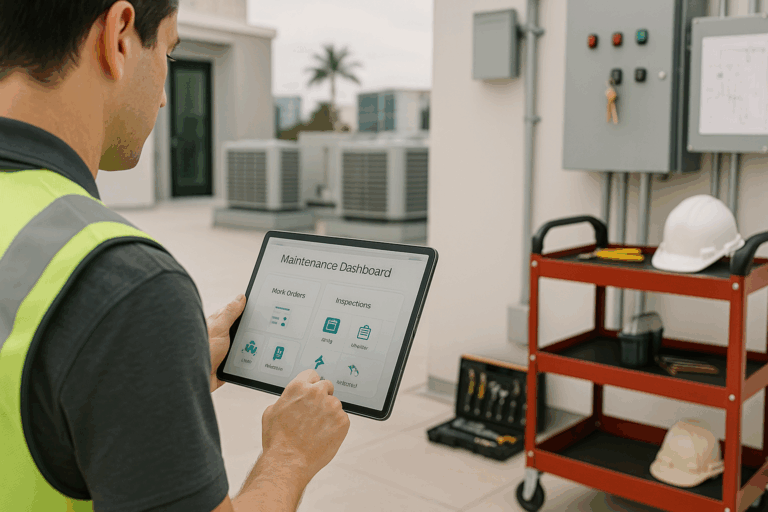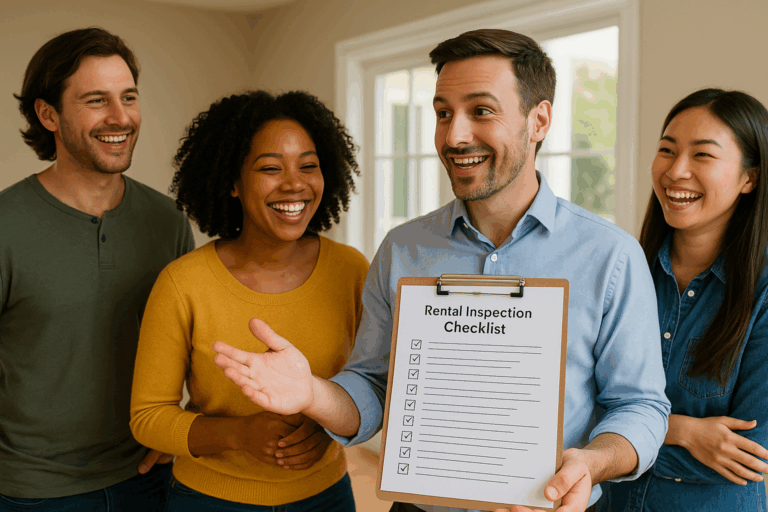Cutting Rental Expenses: 2026 Strategies for Florida Owners
Florida rental owners are entering 2026 facing a very different cost environment than even a few years ago. While rental demand remains strong, expenses are rising faster than rents in many submarkets—especially insurance, HOA fees, and reactive maintenance costs. The difference between a high-performing rental and a cash-flow drain in 2026 comes down to one…
Read MoreHow We Use AI to Find the Best Tenants in 2026
Property management is no longer just about collecting rent and responding to maintenance calls. In 2026, the most successful rental portfolios are powered by intelligent systems that anticipate problems, reduce risk, and improve decision-making—without removing the human judgment that real estate still requires. This is where AI property management technology 2026 comes into play. At…
Read MoreIs 2026 a Good Year to Invest in South Florida Rentals?
After several years of volatility driven by interest rate hikes, shifting migration patterns, and economic uncertainty, investors are asking a critical question: Is 2026 the right time to buy into South Florida rentals? Short answer: Yes—if you understand what’s driving the market. This blog breaks down the South Florida rental market forecast 2026, why analysts…
Read MoreNew Florida Landlord-Tenant Laws for 2026: What You Must Know
Florida’s rental landscape is evolving, and 2026 brings some of the most important landlord-tenant law updates in recent years. Whether you own a single rental home or manage a growing multi-property portfolio, understanding these changes is critical to staying compliant, protecting your investment, and avoiding costly legal mistakes. This guide breaks down the most important…
Read MoreProperty Marketing West Palm Beach Strategies for Maximum Exposure
Effective property marketing in West Palm Beach relies on a strategic combination of professional photography, targeted advertising, and thorough tenant screening. Utilizing high-quality media and multi-channel marketing approaches can significantly increase a property’s visibility and attract qualified tenants or buyers. The competitive real estate market demands a focused effort to highlight each property’s unique features…
Read MoreMulti-Property Management Strategies for Efficient Portfolio Growth
Multi-property management involves overseeing multiple residential or commercial properties simultaneously, streamlining operations, and maximizing returns for property owners. It requires a balance of tenant relations, maintenance coordination, financial oversight, and compliance with regulations. Effective multi-property management optimizes asset performance while ensuring a consistent experience for residents across all locations. Experienced property managers use strategic planning…
Read MoreProperty Maintenance Services Essential for Efficient Building Management
Property maintenance services encompass a range of tasks designed to keep buildings safe, functional, and attractive. These services address repairs, cleaning, and upkeep to ensure properties remain in good condition and meet the needs of tenants or owners. Effective property maintenance directly impacts tenant satisfaction, property value, and operational efficiency. A well-managed maintenance program prevents…
Read MoreLandlord Stress Solutions Effective Strategies to Manage Rental Challenges
Landlords often face stress from managing tenant relationships, handling maintenance, and juggling financial responsibilities. These challenges can impact their efficiency and overall well-being, making it essential to find practical ways to reduce pressure and avoid burnout. Effective landlord stress solutions include setting clear boundaries with tenants, delegating tasks to reliable professionals, and adopting daily habits…
Read MoreFlorida Security Deposit Laws 2025 Explained: Key Updates and Tenant Rights
Florida security deposit laws in 2025 set clear limits on how much landlords can collect and when deposits must be returned. A security deposit collected before occupancy cannot exceed one month’s rent, and deposits paid during the lease term are restricted to a percentage of one month’s rent. These rules aim to protect tenants while…
Read MoreRental Inspection Checklist Essential for Landlords and Tenants
A rental inspection checklist is a practical tool that helps landlords and property managers systematically assess the condition of a rental property. It ensures key areas such as safety features, appliances, and structural elements are thoroughly examined, preventing costly repairs and disputes. Using a checklist also supports clear communication with tenants and helps document the…
Read More







